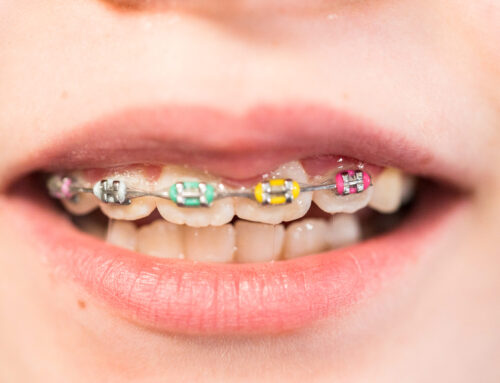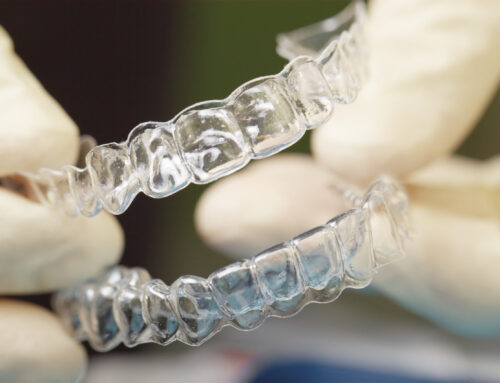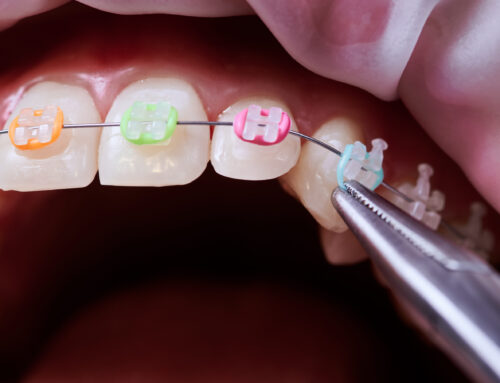One of the more prominent images we all have of babies and infants is the fact that they will suck their thumb. And, for a while, it’s absolutely nothing to worry about. It’s a completely natural reflex that helps with self-soothing, an important skill. And, for newborns, it’s honestly adorable. Many kids stop their thumb-sucking habit on their own, but, for some, the thumb-sucking habit gets less cute and more worrisome. We’ll explore why thumb sucking turns from being a good thing to a less desirable habit and how to wean your child away from it as they age.
Why Does Thumb Sucking Become a Problem?
If newborn thumb sucking isn’t a problem, what is the change that causes thumb sucking to become a problematic habit? Simply put, the answer is teeth. As teeth start to come in, thumb sucking can lead to long-term bite problems, specifically open bites and overbites. These issues can cause lasting problems, including added difficulty eating and chewing, narrower airways, and possible speech difficulties.
For an open bite, thumb sucking contributes to this problem because the act causes the thumb to press up against the back of the front teeth. This pressure can force the teeth to shift outward, causing the teeth and jaws to not line up, creating an open space between the top and bottom teeth, hence the term open bite. Overbites occur when the top teeth get forced forward but aren’t actually shifted. Preventing either of these problems at the source is an important step!
Tips for Stopping Thumb Sucking
1. Identify the Root Cause: First and foremost, thumb sucking is a search for comfort and security, which is why newborns turn to it in the process of learning to self soothe. Normally, older children who still suck their thumbs have particular emotional triggers that cause them to desire to suck their thumb. It could be fear, boredom, sleepiness, whatever it is, you can try to identify the trigger and substitute the habit, maybe with a new stuffed animal they can snuggle.
2. Knowledge is Power: Kids can understand a lot more than we give them credit for. Explaining that thumb sucking isn’t good for them and can stop them from having a big and strong mouth as they become a big boy or girl can help them choose to make an effort to curb the habit.
3. Utilize a Taste Deterrent: A classic strategy is to put something on the thumbs that kids just don’t like the taste of is a fast (if somewhat unpleasant) way to stop thumb sucking. Obviously, ensure that you use something non-toxic, but there are plenty of options.
4. Consider an Orthodontic Device: For some stubborn thumb suckers, we can help provide a thumb sucking device to kick the habit, especially necessary if your child is getting to the point of losing their baby teeth.
Hopefully, these tips can help your child kick the thumb sucking habit to the curb safely and effectively. Contact us with any questions and set up your child’s first orthodontic appointment!




